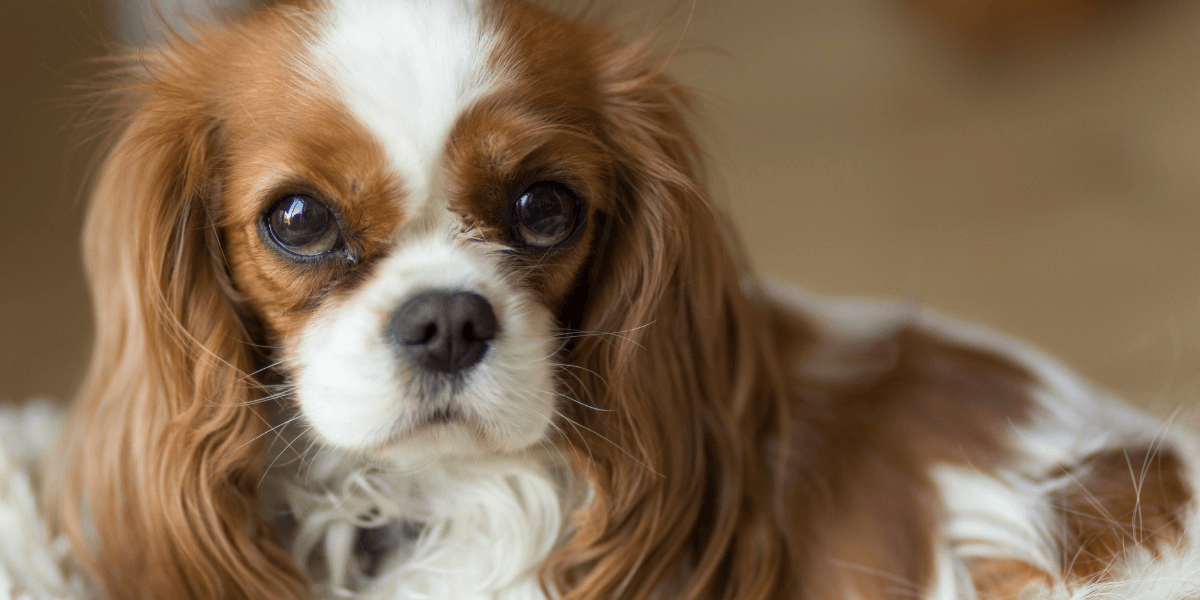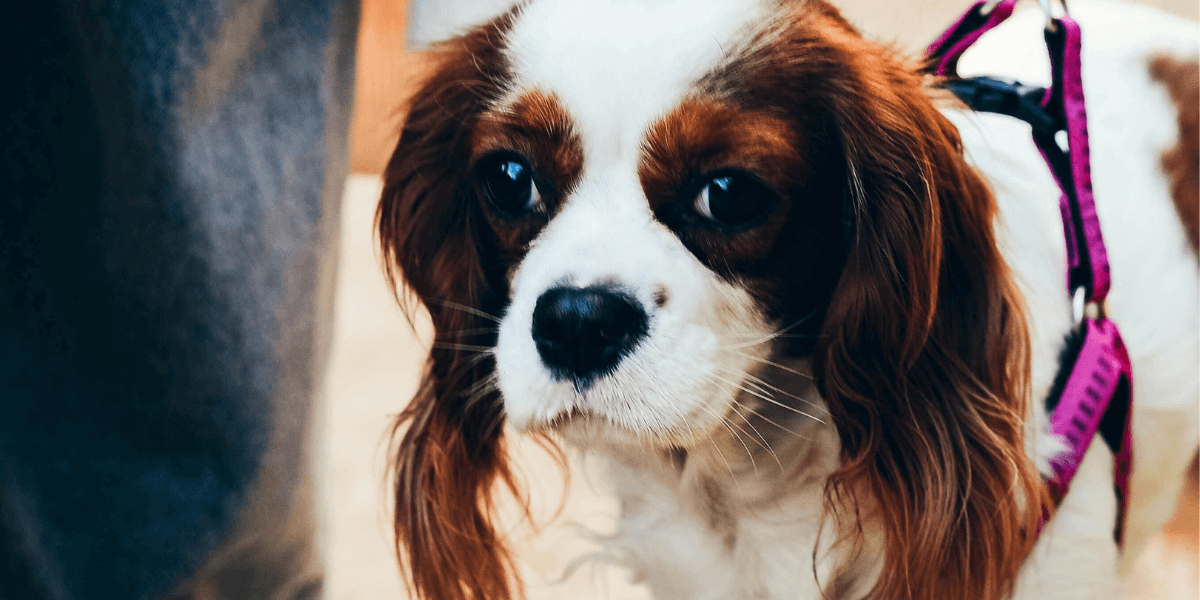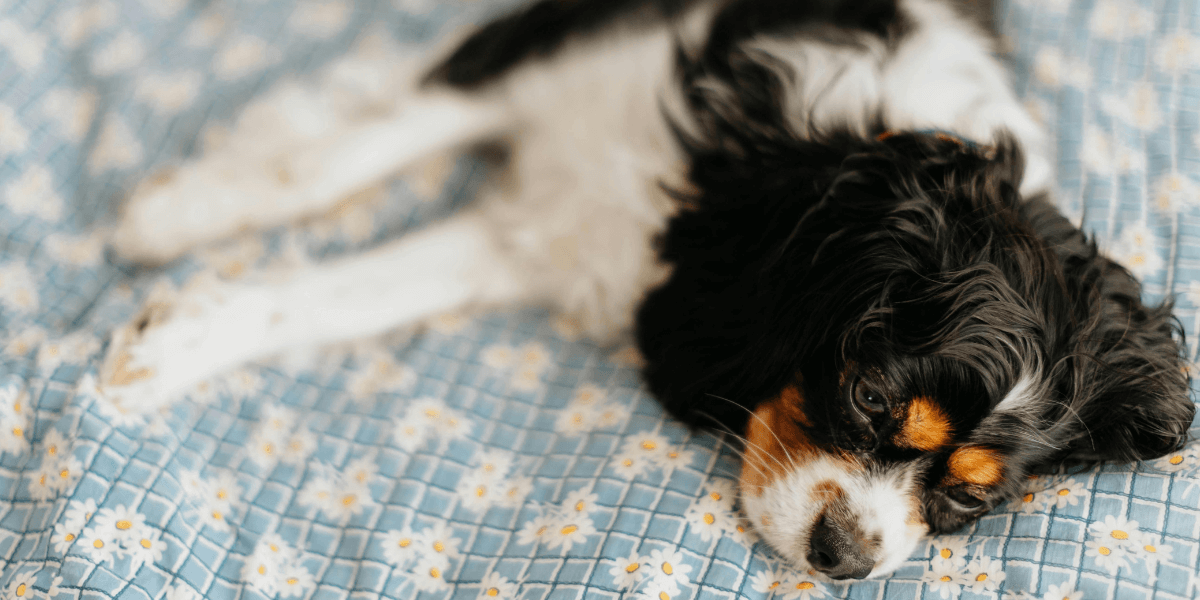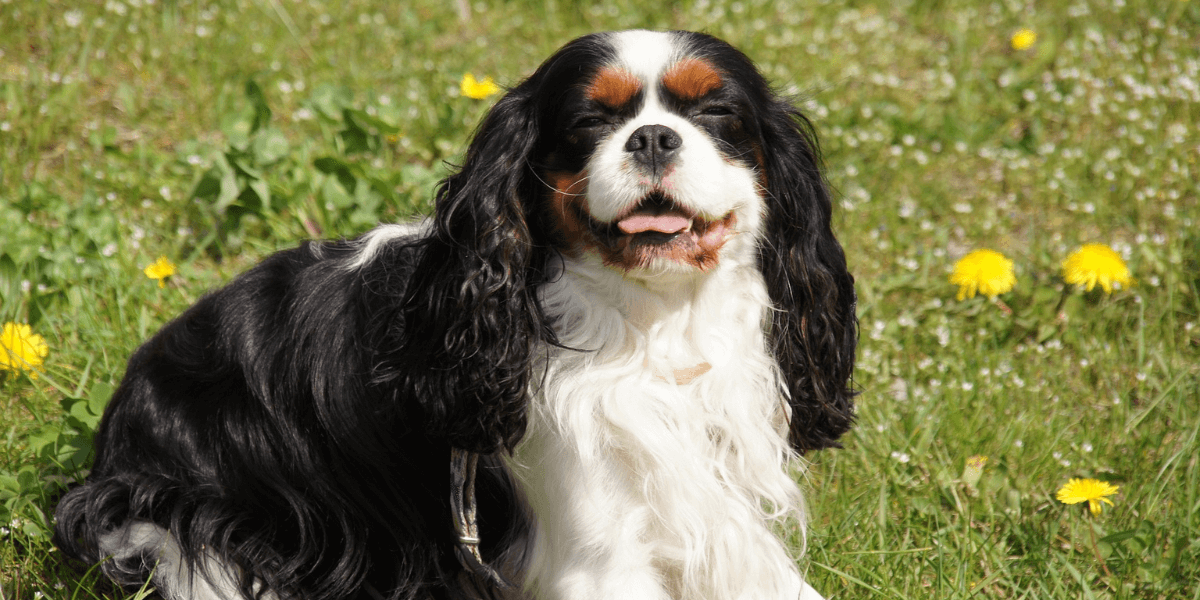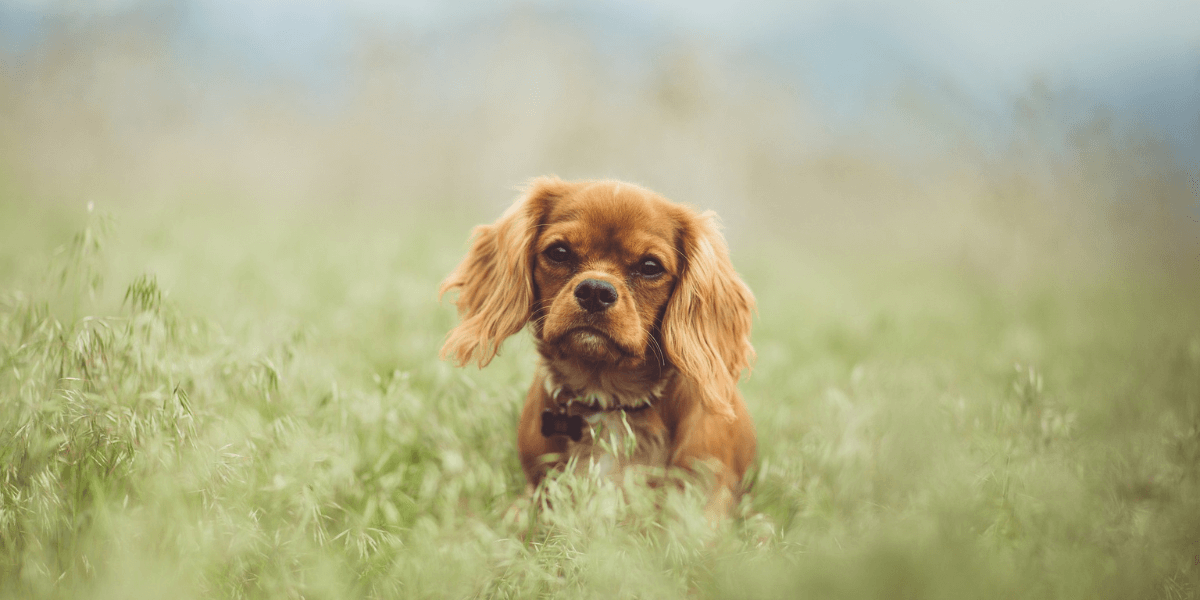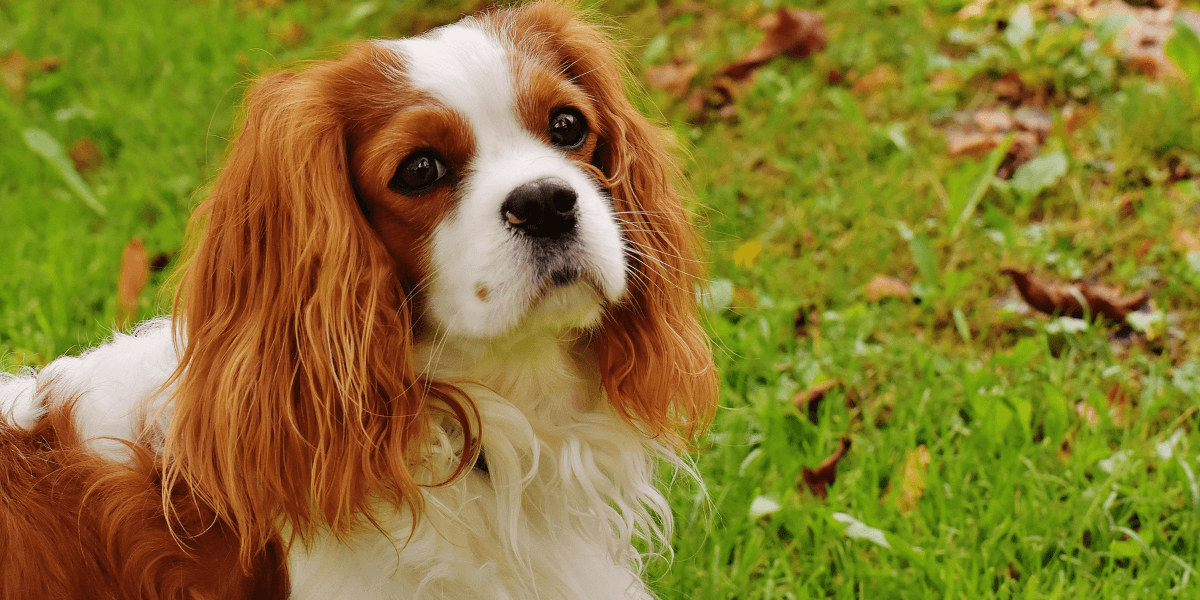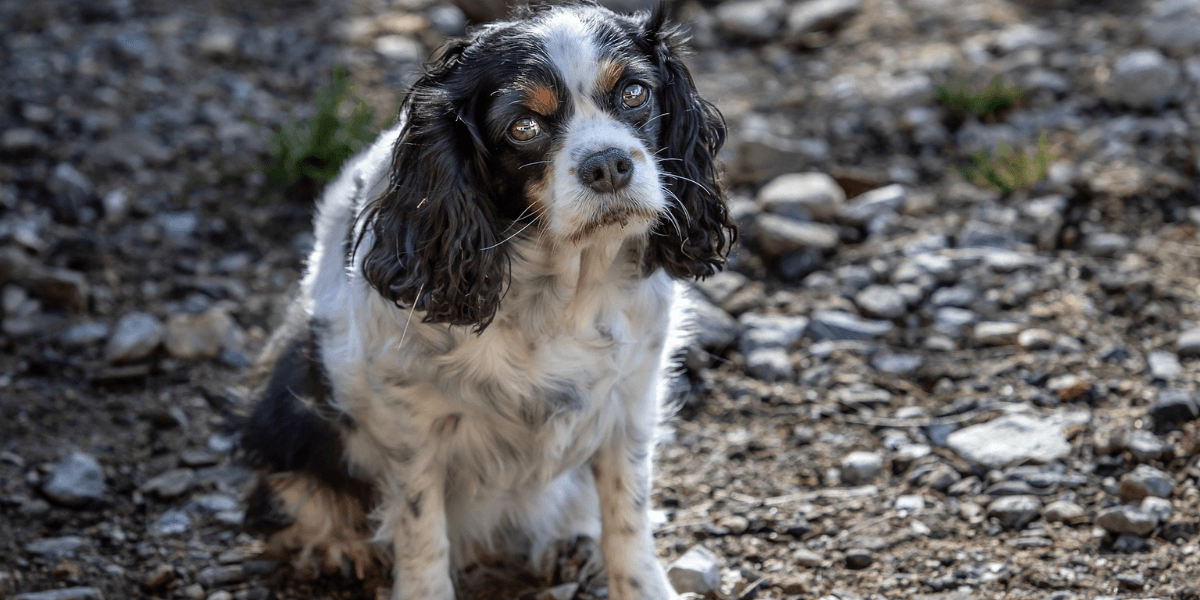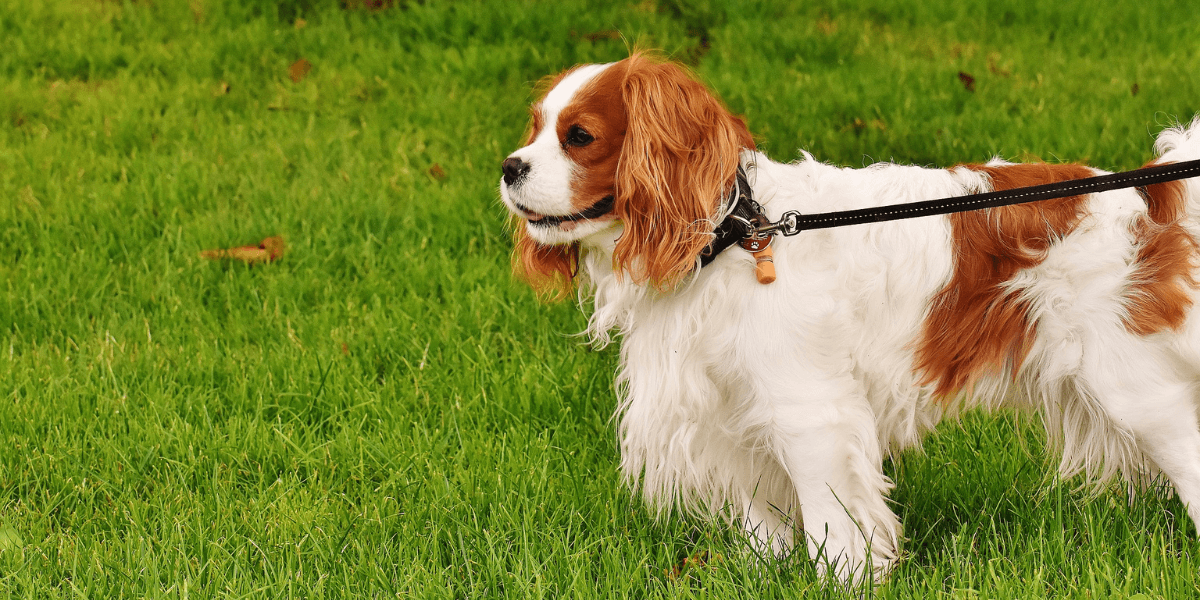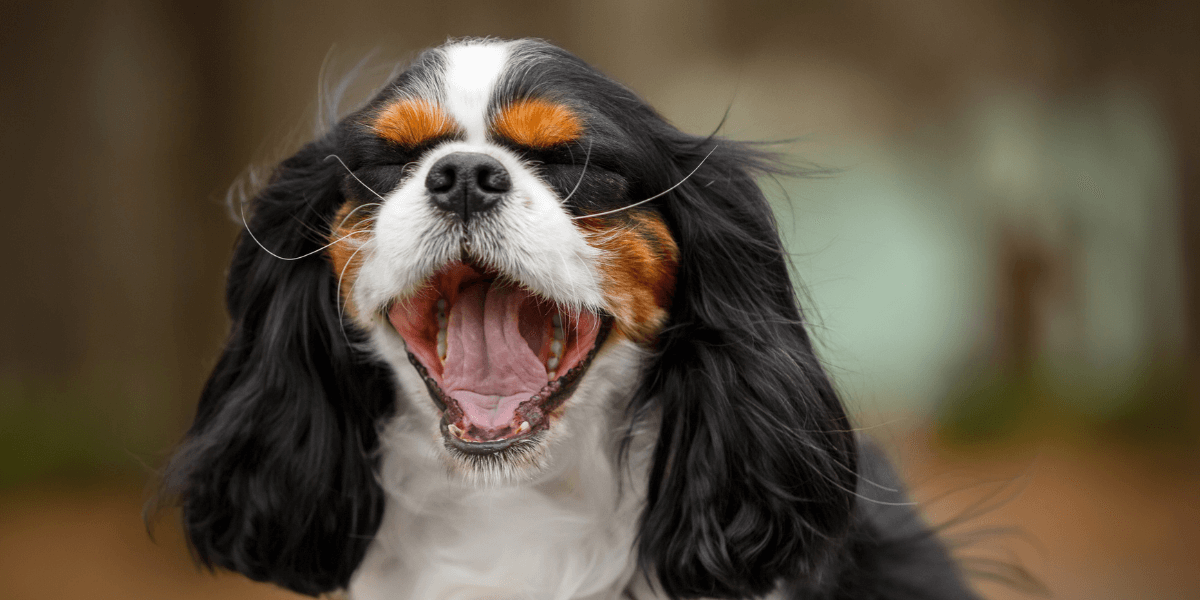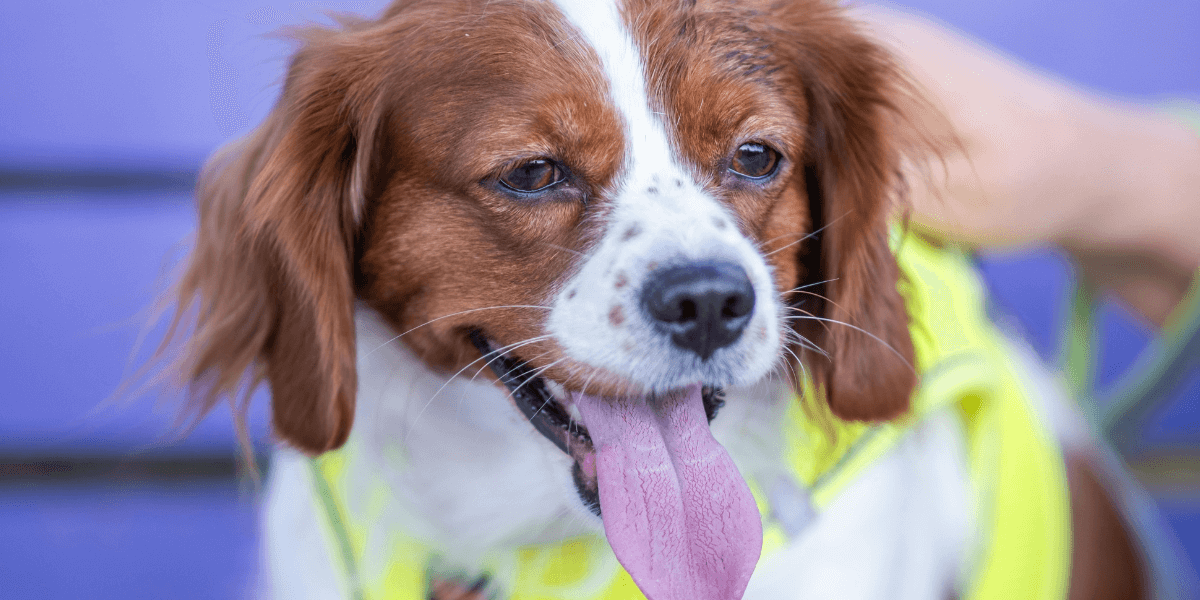Introduction
Cavalier King Charles Spaniels have specific health issues needing careful monitoring.
- Early detection of these health issues can greatly improve your dog's quality of life
- Regular vet visits are crucial for identifying and managing these health problems
- Understanding common health risks helps in providing better care for your Cavalier
- Prevention and timely treatment are key to maintaining your dog's overall well-being
- Proper care can lead to a longer, healthier life for your Cavalier King Charles Spaniel
1. Mitral Valve Disease (MVD)
Mitral Valve Disease is a common heart condition in Cavalier King Charles Spaniels.
- Routine Vet Visits: Regular checkups are essential to monitor heart health
- Healthy Weight: Maintaining a healthy weight reduces stress on the heart
- Balanced Diet: Provide a low-sodium diet to support cardiovascular health
- Exercise Moderation: Provide regular, moderate exercise to keep your dog’s heart strong
- Symptom Monitoring: Watch for coughing, lethargy, or difficulty breathing
- Genetic Testing: Consider genetic testing to assess your dog’s risk for MVD
2. Syringomyelia (SM)
Syringomyelia is a painful spinal cord disorder affecting Cavaliers.
- Early Detection: Look for signs such as neck pain or sensitivity to touch
- MRI Scans: Regular MRIs can help detect the condition in its early stages
- Pain Management: Work with your vet to manage pain effectively
- Surgical Options: Surgery may be necessary in severe cases to relieve pressure
- Stress Reduction: Keep stress levels low to avoid triggering symptoms
- Responsible Breeding: Avoid breeding dogs with a known history of SM
3. Hip Dysplasia
Hip Dysplasia is a hereditary condition that can cause joint pain and mobility issues.
- Maintain Ideal Weight: Keeping your dog’s weight in check reduces joint stress
- Exercise Regularly: Engage in low-impact exercises to strengthen hip muscles
- Orthopedic Beds: Provide supportive bedding to ease joint discomfort
- Joint Supplements: Use supplements recommended by your vet to support joint health
- Routine Vet Checks: Regularly monitor your dog’s hip condition with your vet
- Breeding Practices: Only breed dogs with no history of hip dysplasia
4. Eye Problems
Cavaliers are prone to various eye conditions, including cataracts and dry eye syndrome.
- Regular Eye Exams: Schedule routine eye exams to catch issues early
- Cleanliness: Keep the area around your dog’s eyes clean and free from debris
- Use Eye Drops: Administer vet-prescribed drops for dry eye management
- Monitor Symptoms: Watch for signs such as redness, tearing, or cloudiness
- Consider Surgery: Surgery may be needed for conditions like cataracts
- Breeding Considerations: Avoid breeding dogs with a history of eye issues
Learn about common eye problems in Cavaliers and explore Great Danes health issues to keep your pets healthy.
5. Ear Infections
Due to their floppy ears, Cavaliers are prone to frequent ear infections.
- Routine Cleaning: Clean your dog’s ears weekly to prevent infection
- Dry Thoroughly: Make sure ears are completely dry after baths or swimming
- Watch for Symptoms: Look out for head shaking or foul smells from the ears
- Use Ear Drops: If infections are common, vet-recommended drops can help
- Trim Ear Hair: Trim hair around the ears to improve airflow and reduce moisture
- Regular Vet Checks: Include ear exams in your regular vet visits
6. Patellar Luxation
Patellar Luxation is a condition where the kneecap dislocates, causing pain and limping.
- Regular Exercise: Strengthen leg muscles with appropriate activities
- Maintain Weight: Keeping your dog at a healthy weight reduces knee stress
- Monitor Mobility: Watch for limping or difficulty moving as signs of luxation
- Consider Surgery: Surgery may be necessary for severe cases
- Prevent High Jumps: Discourage jumping from high places to avoid knee injury
- Vet Consultations: Regularly consult your vet about joint health
Understand patellar luxation in Cavaliers and discover how to prevent and manage hip dysplasia in Great Danes.
7. Skin Allergies
Cavalier King Charles Spaniels often have skin allergies causing itching and discomfort.
- Identify Triggers: Work with your vet to pinpoint and avoid allergens
- Regular Baths: Bathe your dog with hypoallergenic shampoos to soothe irritated skin
- Omega-3 Supplements: Consider supplements to improve skin and coat health
- Flea Prevention: Use flea control products to prevent flea-related allergies
- Monitor Scratching: Excessive scratching may indicate an allergic reaction
- Vet Advice: Seek your vet’s guidance on managing chronic skin allergies
8. Obesity
Obesity is a common issue in Cavaliers and can lead to more severe health problems
- Balanced Diet: Feed your dog a nutritious, portion-controlled diet
- Daily Exercise: Keep your dog active to help maintain a healthy weight
- Limit Treats: Avoid giving too many treats or table scraps
- Regular Weigh-Ins: Monitor your dog’s weight regularly and adjust diet as needed
- Vet Consultation: Work with your vet to create a tailored diet plan
- Interactive Feeding Toys: Use toys that encourage slow eating and mental stimulation
Learn about obesity in Cavaliers and find the best foods and supplements for Great Danes to maintain optimal health.
9. Dental Disease
Cavaliers are prone to dental issues that can lead to more serious health concerns.
- Daily Brushing: Brush your dog’s teeth daily to prevent plaque buildup
- Dental Chews: Provide dental chews to help clean teeth between brushings
- Vet Cleanings: Schedule regular professional cleanings with your vet
- Monitor for Symptoms: Watch for bad breath or trouble eating as signs of dental issues
- Appropriate Diet: Feed your dog food that supports dental health
- Avoid Hard Toys: Be cautious with hard toys that could damage teeth
10. Epilepsy
Epilepsy is a neurological disorder causing seizures in some Cavaliers.
- Medication Management: Collaborate with your vet to find the right seizure control meds
- Seizure Monitoring: Keep a log of seizure frequency and severity for your vet
- Identify Triggers: Avoid known triggers such as stress or specific foods
- Vet Visits: Schedule regular checkups to monitor and adjust treatment as needed
- Emergency Preparedness: Handle seizures calmly by following your vet’s guidelines
- Breeding Awareness: Be mindful of epilepsy risks when choosing a breeder
FAQs
1. What are the first signs of Mitral Valve Disease in Cavaliers?
- Early signs include coughing, lethargy, and breathing difficulties
2. Can Syringomyelia in Cavaliers be managed without surgery?
- Yes, Syringomyelia can be managed with medication and lifestyle adjustments
3. How often should I clean my Cavalier’s ears to prevent infections?
- Clean your dog’s ears at least once a week to prevent infections
4. Is Hip Dysplasia hereditary in Cavaliers?
- Yes, Hip Dysplasia is often hereditary, so responsible breeding is important
5. What should I do if my Cavalier shows signs of an eye problem?
- Schedule an immediate visit to your vet for a thorough eye examination
6. How can I prevent Patellar Luxation in my Cavalier?
- Maintain a healthy weight and provide regular exercise to strengthen muscles
7. Are skin allergies common in Cavalier King Charles Spaniels?
- Yes, skin allergies are common and can be managed with proper care and treatment
Conclusion
- Regular vet checkups are crucial for early detection of health issues in Cavaliers
- A balanced diet and regular exercise play a key role in maintaining your dog’s health
- Keep an eye on common symptoms to ensure timely intervention and treatment
- Proper grooming and hygiene help prevent skin, ear, and eye issues
- Responsible breeding practices are essential to reduce the risk of genetic disorders
- Providing your Cavalier with the right care ensures a long and happy life

